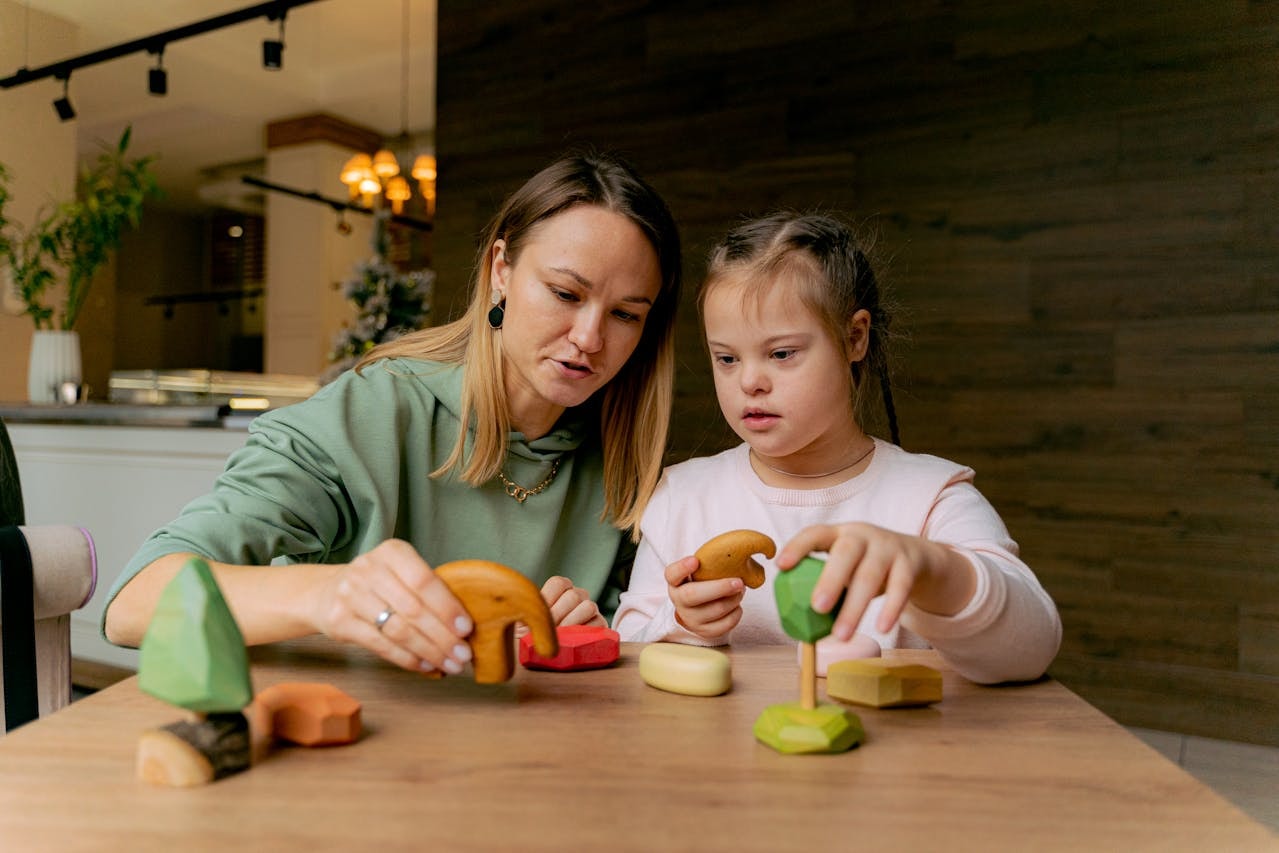Quick Answer about Developmental Delay Support
The NDIS supports children with global developmental delay and other developmental delay support by funding early intervention therapies, assistive technology, parent training, and community participation. Through the Early Childhood Approach, children under nine can access extra support for communication skills, social skills, and daily tasks—even without a formal disability diagnosis.
Understanding Developmental Delay in Children

A developmental delay occurs when a child’s development takes longer than most children in areas like speech, movement, or behaviour. Children typically reach certain skills within general age ranges, and looking for signs while comparing a child’s progress to typical ages can help identify delays. While some kids simply learn at their own pace, others may need developmental delay support to catch up.
In some cases, delays are linked to genetic disorders, pregnancy complications, or complications during birth, such as premature birth, or broader developmental disabilities. Examples of long-term developmental delays or disabilities include learning disabilities, cerebral palsy, or intellectual disability.
How Professionals Diagnose Developmental Delay

Health professionals such as paediatricians or a family health nurse may help diagnose developmental delay in areas including language skills, social skills, and emotional abilities. A team of professionals, including therapists and specialists, often collaborates to assess and support the child’s needs. They look for signs such as not beginning to talk by a certain age, difficulty with play, or challenges in learning new skills compared to other children. If parents are concerned, they can be referred for further assessment and review.
The Role of Early Intervention

Early intervention is critical. The sooner a child begins therapy, the better the chance they will develop the necessary skills to thrive. Early supports may include speech therapy to strengthen language, occupational therapy to improve daily tasks, or physiotherapy to build motor abilities. The focus is not just on education, but also on fostering strong communication and social skills. Early intervention aims to set children up for success in school and daily life by building foundational skills.
NDIS Eligibility for Developmental Delay

In Australia, the NDIS provides extra support for children with developmental delays under the age of nine. Through the Early Childhood Early Intervention pathway, the scheme allows families to access resources and therapy before a full disability diagnosis is required.
This ensures children with developmental challenges and various developmental disabilities re not left behind simply because their needs don’t fit traditional definitions of disabilities.
Supports Funded by the NDIS
The NDIS funds a wide range of supports for families to help their children reach expected mileston :
- Therapy sessions (speech, occupational, physio, psychology)
- Assistive technology to improve communication or mobility
- Parent training and education to strengthen the connection between family and the child’s development and well-being
- Access to community programs where children can learn new skills and practice social skills
These supports help children with developmental challenges build confidence, improve communication skills, and learn to develop new skills respond more effectively in daily interactions.
Real-Life Example: Early Gains Through Technology

One Brisbane family received NDIS funding for a communication device to help their five-year-old with global developmental delay. The child could finally respond to teachers and express simple needs such as “I’m hungry” or “I need help,” like most children do. This breakthrough highlighted how early access to technology and therapy can accelerate a child’s development.
What the NDIS Doesn’t Cover
It’s important to note that while the NDIS offers substantial support, it doesn’t fund everything. Day-to-day costs such as school fees, childcare, or general health services fall outside the scheme. Instead, the NDIS complements mainstream education and healthcare systems by providing targeted extra support.
Transitioning Beyond Early Childhood
When a child with developmental delay turns six or nine, their NDIS plan undergoes a review. Some children will continue with the scheme, while others may transition to mainstream services if they are developing expected skills. This is where professionals reassess whether a child’s development is still significantly affected and whether they need ongoing support.
How Parents Can Navigate the System

For a parent, starting the NDIS journey can feel overwhelming. A general guide is to begin with a GP or family health nurse, who can refer the child to the Early Childhood Partner network. These experts help identify areas of concern, set goals, and connect families with the right resources.
A parent can also connect with other families facing similar challenges. Sharing experiences helps parents behave with confidence and see that they’re not alone in supporting a child who may develop at their own pace, different from other children.
The Importance of Balanced Support
The NDIS isn’t just about therapies; it’s about helping the child thrive emotionally and socially too. For instance, participation in community activities gives children opportunities to play, practice communicating, and build social skills. With the right balance of structured therapy and everyday opportunities, children with developmental challenges can grow more independent and resilient.
Conclusion: Hope Through Support
While every child learns at their own pace, some need support to build skills and abilities. The NDIS plays a vital role in ensuring Australian families have access to the right resources, therapy, and professionals.
For parents who are concerned, seeking help early, building strong networks, and making the most of the NDIS can transform the journey of children with developmental delays into one filled with growth, connection, and new opportunities.

